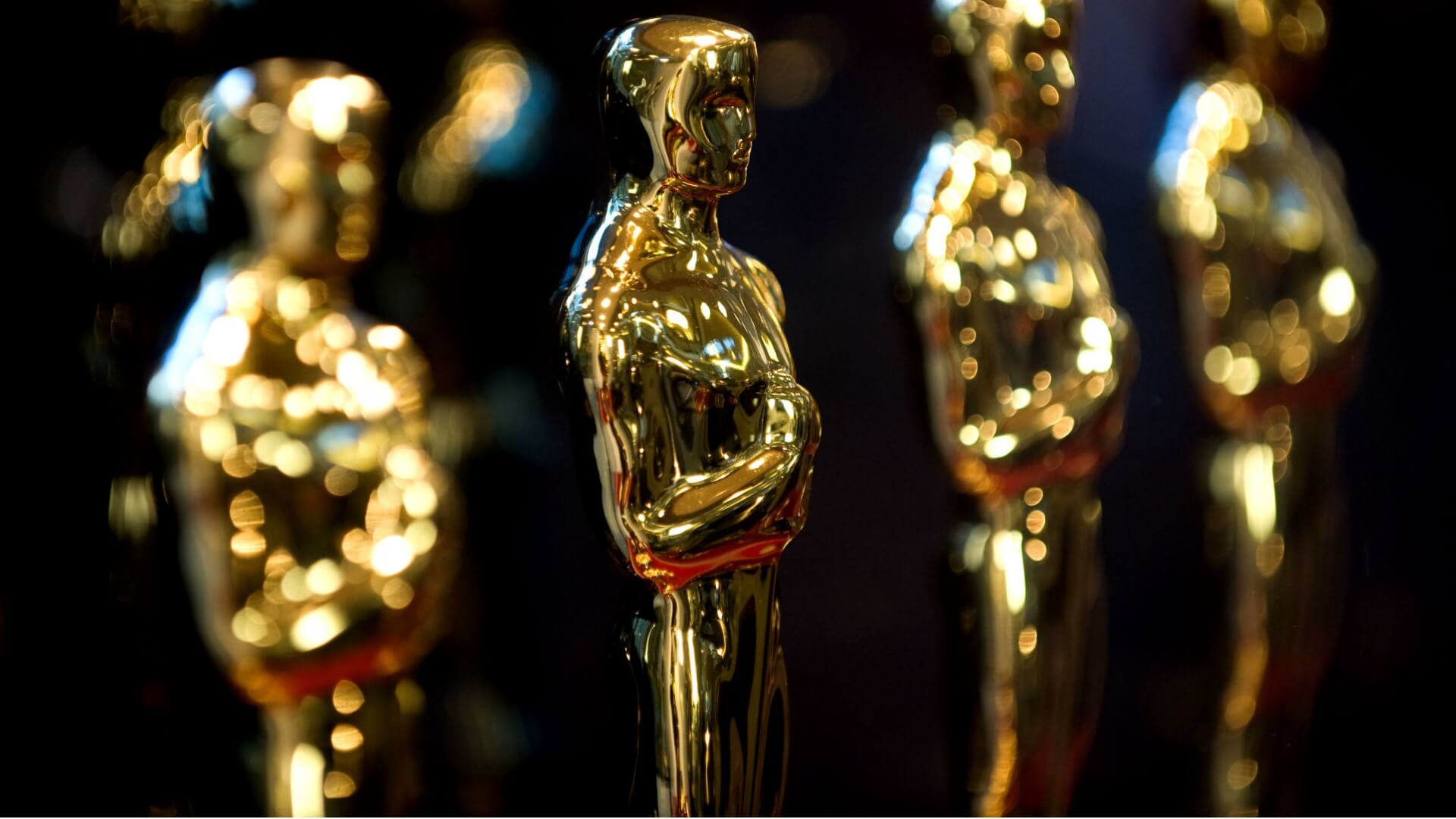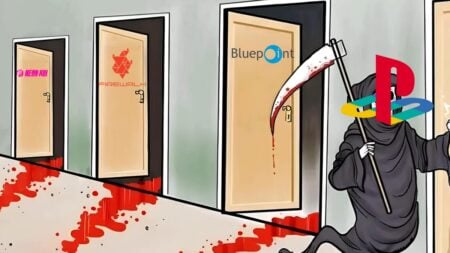The Good Old Days
It’s hard to believe that there used to be a time where things weren’t happening 24/7. If you were to analyze any and all forms of entertainment 15-20 years ago, what you would find are seasonal tentpoles – the pacing for revelation, reception, and recognition. Games for example used to be revealed by way of an E3 Summer conference. This was followed by a fall reception in the industry, with recognition trickling in the post-launch months. Movies used to be in production for years following a strict recipe of development, theatrical release, and award nods. Even TV shows had “pilot seasons” and festivals for release and reception. Across the board, these methods are simply no longer viable options.

Consumerism is Now a Full-Time Gig
There is no more downtime or regular pacing when it comes to the creative processes behind the entertainment industry. In fact, as of lately, the litmus test for success has been to do something completely unique. Take Bird Box for example. This critically-acclaimed movie made its mark on history with an out-of-the-blue full release that chose Netflix’s home page to speak for itself. Next door in the gaming industry. Apex Legends has made waves and broken records – all without any marketing or buildup to release.
In the same way that the creative development of these things has adapted to the fast-paced consumer, so too has the revelation, reception, and recognition of said creations. To further focus on the movie industry, Bird Box served as both an impulse watch and Twitter trend for the entire world. Along with that were the praises and congratulations – immediate returns on investment. No box office analysis is required as a metric for success. Along with that same vein, I believe nobody is really yearning for award nods to validate these monumental pieces of cinema. The Oscars feel more and more like a formality, almost as if these fast-paced streaming partnerships stop to validate red carpet walks and commercial sponsorships (for what they are still worth). While the tech-savvy millennial in me feels confident in this opinion, there are several facts that point to the decline of award show performance.

The Future Generation Doesn’t Seem to Care
Not only did the 2018 Oscars receive the lowest viewership of all-time, but also struggled to draw in a younger audience – a demographic that ironically very much still embraces the content The Oscars aim to celebrate. So what does this mean? Well primarily, it means award shows have begun recognizing trending films that everyone gravitates toward. More and more Netflix Originals and Amazon Exclusives are receiving these traditional and reputable awards. Which is great! What isn’t ideal however is that secondly, award shows are embracing new-age content but fail to present this in a new-age way. As a matter of fact, by the time seasonal award shows roll around, half the nominees are already working on a sequel and the industry as a whole has moved on – for better or for worse.
Very quickly, shows like The Oscars feel like an awkward pause button for an otherwise speedy industry. This is supported by the trend of streaming platforms sweeping accolades compared to their cable TV competitors. Beyond that, however, I believe the annualized broadcasts are few and far between.
Isn’t it Good Though to Slow Down and Celebrate?
On paper, award shows should still be doing incredibly well! They give a relentless and unforgiving industry the opportunity to kick back and celebrate. Who doesn’t love to reminisce? Well when it is not done in an effective way, the answer is tons of people! Even systematically, award ceremonies are under fire for their traditional approaches. This becomes magnified by the political and social backlash that has begun to define these shows. It’s all becoming one big joke! Wardrobe malfunctions, Twitter memes, and awkward speeches bring in more viewers than any traditional act of celebration. Effectively the truth is that no, it isn’t good to slow down and celebrate at award shows. If the room is filled with unenthused celebrities and unoriginal hosts, it just becomes a standoff – as if everyone is patiently waiting for the night to be over.
So What Needs to Happen?
So am I saying award shows should cease to exist? Not at all, though I do believe a complete overhaul is in order. There are practical steps to take to fix what seems to be a crippled medium of recognition.
Addressing the seasonal issue, I see merit in ditching the once-a-year “party” that struggles to cram in all the chaos that ensued in the months prior. If The Oscars poured its resources out of venue and production and into more serialized installments of ceremonies, I could see viewers tuning in. Nothing peaks the interest of the spontaneous, on-demand consumer more than content that rolls out regularly – and full of surprises at that. Creating a quarterly (dare I say monthly?) live-streamed celebration to recognize at the pace at which we receive. Putting all the Oscar eggs in the basket of a cable network is foolish. If award shows are a thing of the future, they need to catch up. Plain and simple.

Regarding the selection process, give viewers the freedom to vote. It’s a simple system and if it can put our president in office, it deserves to put our favorite films on the map. It’s time to eradicate “the academy” and let the consumers speak for themselves. I critique because I care, and I convey because I love. I don’t want to see my favorite celebrities awkwardly sit through banter just to cater to award shows that haven’t adapted since the 1970s. Mixing it up and meeting the consumers where they are could help! Offering real and regular involvement on the viewer’s end would make all the difference in the world.
Where do you stand on award shows? Do you care for them at all, and if so, what would you like to see happen in the future? Let us know the comments below. Keep it real and right here at The Nerd Stash!







